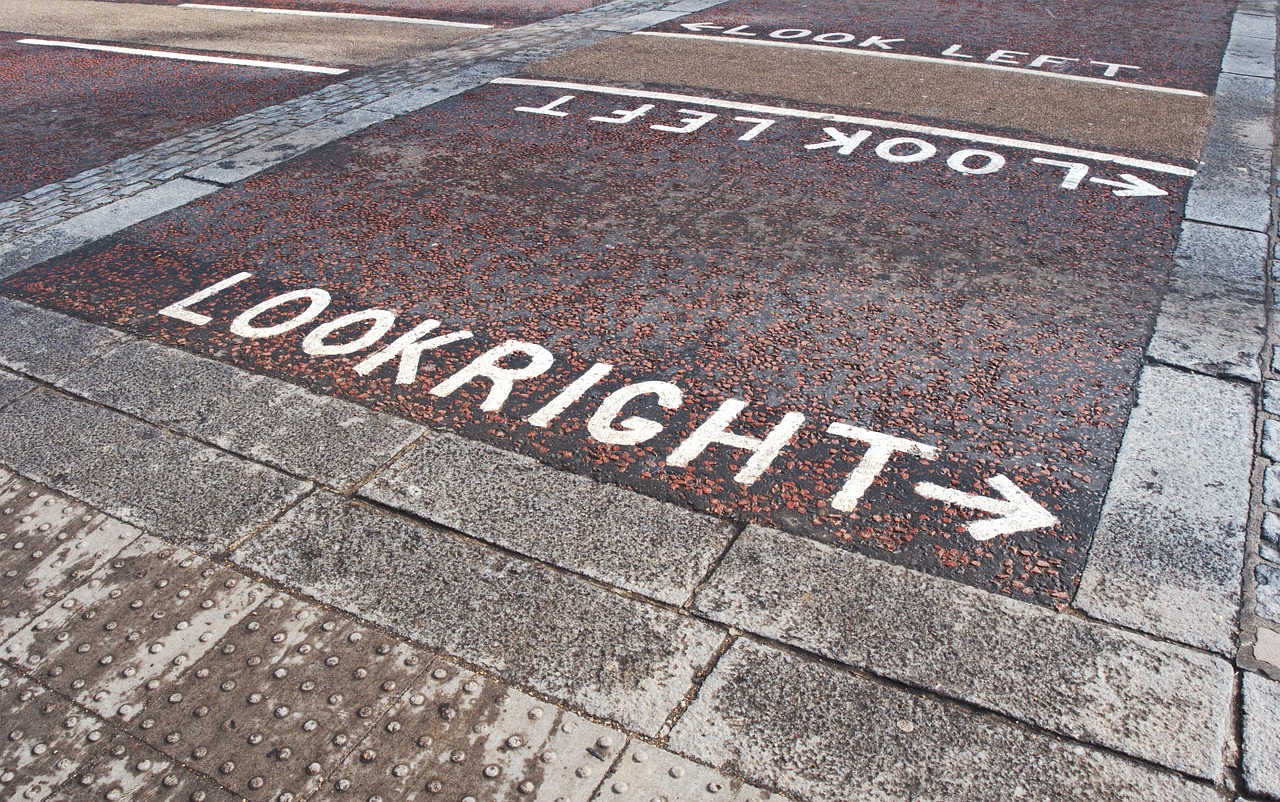Understanding the intricacies of policy and gaining multiple perspectives is crucial in today’s multifaceted world. Delving deeper into current affairs through a policy lens helps us appreciate the complexity and implications of decisions made on the world stage. In this analysis, we’ll unpack some of the most pressing issues of our time.
The Rise of Digital Currency and Global Policy
The increasing popularity of cryptocurrencies and digital currency, led by pioneers like Bitcoin, is changing the way the world thinks about money. Central banks worldwide are considering launching their own digital currencies. Such a shift poses challenges for global financial systems, regulations, and monetary policies. As countries grapple with this new frontier, they’ll need to find a balance between fostering innovation and ensuring financial stability.
Healthcare Policies in the Wake of COVID-19
The pandemic highlighted weaknesses in healthcare systems worldwide. Countries with traditionally robust healthcare infrastructures found themselves stretched thin, while others with fewer resources faced even graver challenges. Policy adjustments are now needed to bolster healthcare systems, promote research and innovation, and ensure equitable access to healthcare services, irrespective of economic status.
Trade Wars: Policy and Global Economy
Trade disputes, notably between the U.S. and China, have shown the interconnectedness of the global economy. Tariffs, import restrictions, and sanctions are tools employed in these battles, but they come with unintended consequences. The challenge for policymakers is to protect domestic interests without stymieing global economic growth or causing undue harm to trading partners.
Cybersecurity: Protecting the Digital Frontier
With the exponential growth of the digital world, cybersecurity has leaped to the forefront of policy discussions. State-sponsored attacks, hacking, data breaches, and cyberespionage pose significant threats. National policies are racing to keep up with the evolving challenges, requiring international cooperation and comprehensive strategies that protect citizens, businesses, and governments alike.
Climate Policies: Bridging the Gap between Intent and Action
While the Paris Agreement set the stage for global climate action, the actual policy implementation varies considerably across countries. Policymakers are tasked with balancing economic growth, energy needs, and environmental protection. The shift to renewable energy sources, sustainable agriculture, and green technologies is more than just an environmental necessity; it’s a policy challenge that carries economic and social implications.
In summation, policy-making in the modern era is a delicate balance of foresight, adaptation, and collaboration. It requires leaders to consider both immediate implications and long-term effects. As global citizens, understanding these policies and their perspectives allows us to be more informed, engaged, and proactive in shaping the world we wish to inhabit.















